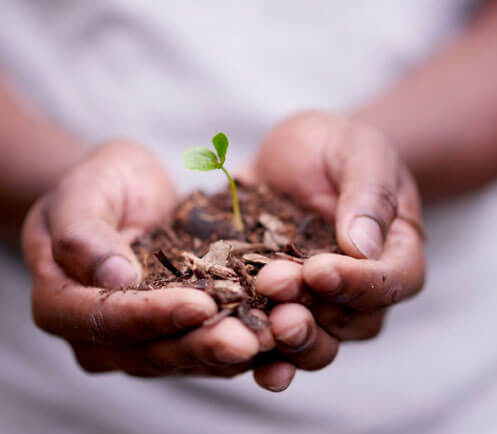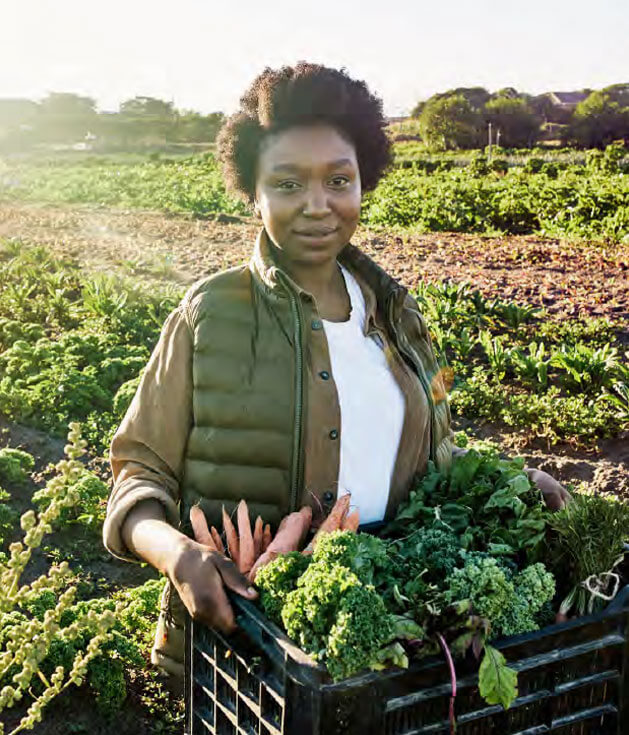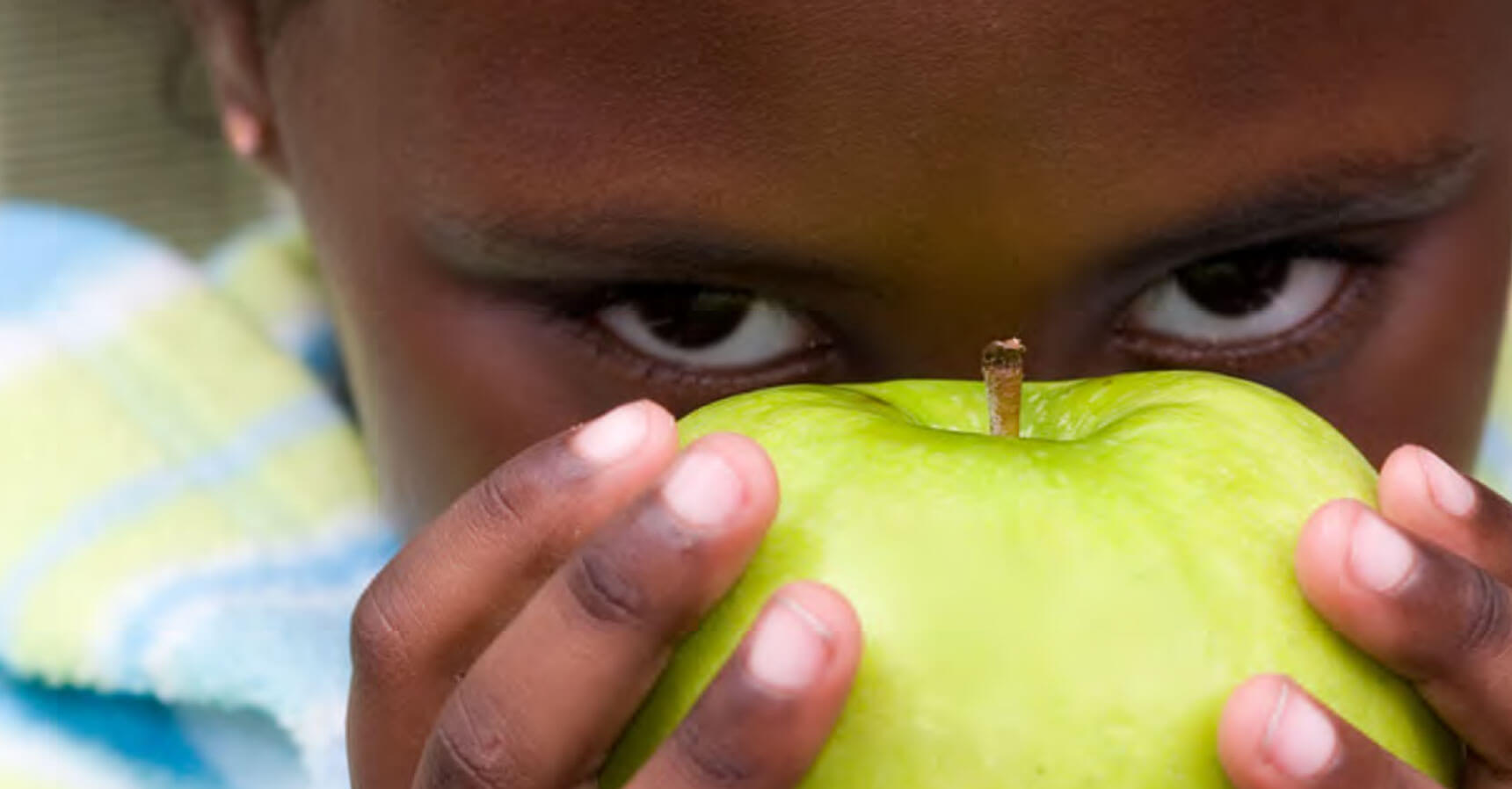Food security is measured by…
food availability and an individuals’ ability to access it. Gaining access to healthy and affordable food can be a challenge for many rural residents. Several rural areas lack food retailers and are considered food deserts. Food deserts are known as areas with limited amounts of fresh, affordable foods. In these areas access to food may be limited by financial constraints or other factors, such as transportation challenges. The Balm In Gilead is committed to providing support to faith leaders and congregations to address the socio economic issues surrounding food insecurities in African American communities.



Four Dimensions of Food Security
Food Availability
The availability of sufficient quantities of food of appropriate quality, supplied through domestic production or imports (including food aid).
Utilization
Food Access
Access by individuals to adequate resources (entitlements) for acquiring appropriate foods for a nutritious diet. Entitlements are defined as the set of all commodity bundles over which a person can establish command given the legal, political, economic, and social arrangements of the community in which they live (including traditional rights such as access to common resources).
Stability
To be food secure, a population, household or individual must have access to adequate food at all times. They should not risk losing access to food as a consequence of sudden shocks (e.g. an economic or climatic crisis) or cyclical events (e.g. seasonal food insecurity). The concept of stability can therefore refer to both the availability and access dimensions of food security.
African American Church Community Garden and Food Security Project in South Carolina?
The African American Church Community Garden and Food Security Project in South Carolina was designed to support faith leaders and congregations in eliminating food insecurity in rural areas. The project focuses on the benefits of working together with faith leaders and congregations to address the high rates of poverty, lack of fresh produce, food deserts, and food insecurities in African American rural communities. The Balm In Gilead will lead community efforts in South Carolina to change health behaviors that often result in high death rates due to preventable diseases. The Ebenezer AME Church in Lincolnville, South Carolina will serve as the national model for the initiative.

Partnering with the Black Church Food Security Network
The Balm In Gilead has partnered with The Black Church Food Security Network to launch “The African American Church Community Project and Food Security Project in South Carolina”. The Black Food Security Network strengthens and establishes economic ventures that supply every part of the food system by utilizing an access-based approach in organizing and linking the vast resources of historically African American congregations and Black farmers in rural and urban areas. With over 50 years of collective experience in building and strengthening the capacity of Black Churches to become community hubs of health promotion and disease prevention, the organizations will lead community efforts in South Carolina to change health behaviors that often result in high death rates due to preventable diseases.


